Noticed a dearth of code and docs in answers, so I tried out a few different equality checks in .NET 5, all with ==, to see how they'd evaluate. Elucidating.
The bottom line seems to be if all individual values in the tuple are their own versions of default, the tuple is default. And if you new up a tuple to = default everything is set to its own version of default.
That just kind of makes sense.
Actual code1
NOTE: This test was performed in a .NET 5 console app.
static void TupleDefault()
{
(int first, string second) spam = new(1, "hello");
(int first, string second) spam2 = default;
Console.WriteLine(spam == default); // False
Console.WriteLine(spam2 == default); // True
Console.WriteLine(spam2.first); // 0
Console.WriteLine(spam2.first == 0); // True
Console.WriteLine(spam2.second); // Nothing.
Console.WriteLine(spam2.second == null); // True
// ==== Let's try to create a default "by hand" ====
(int first, string second) spam3 = new(0, null);
// It works!
Console.WriteLine(spam3 == default); // True
}
